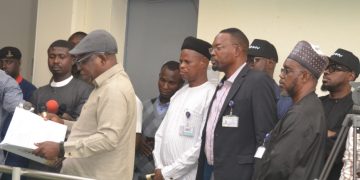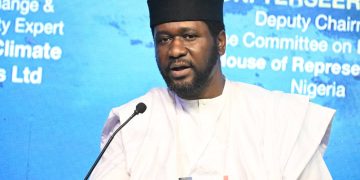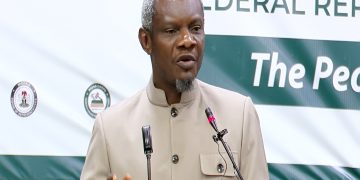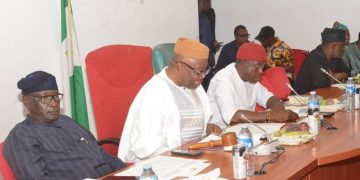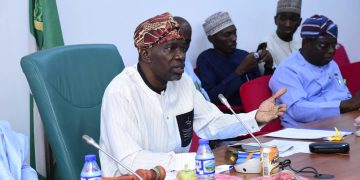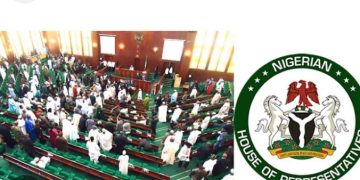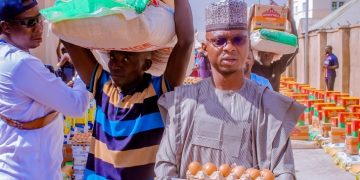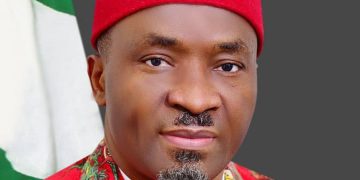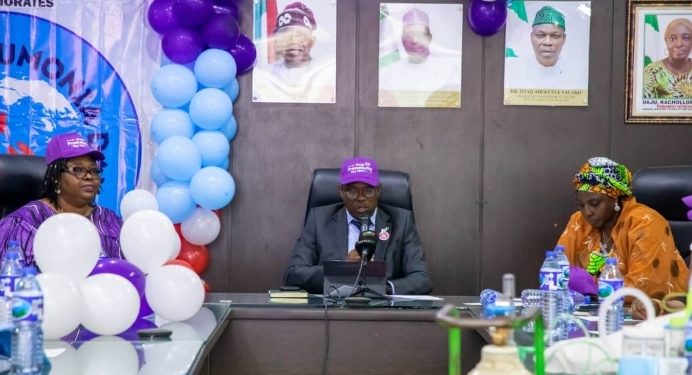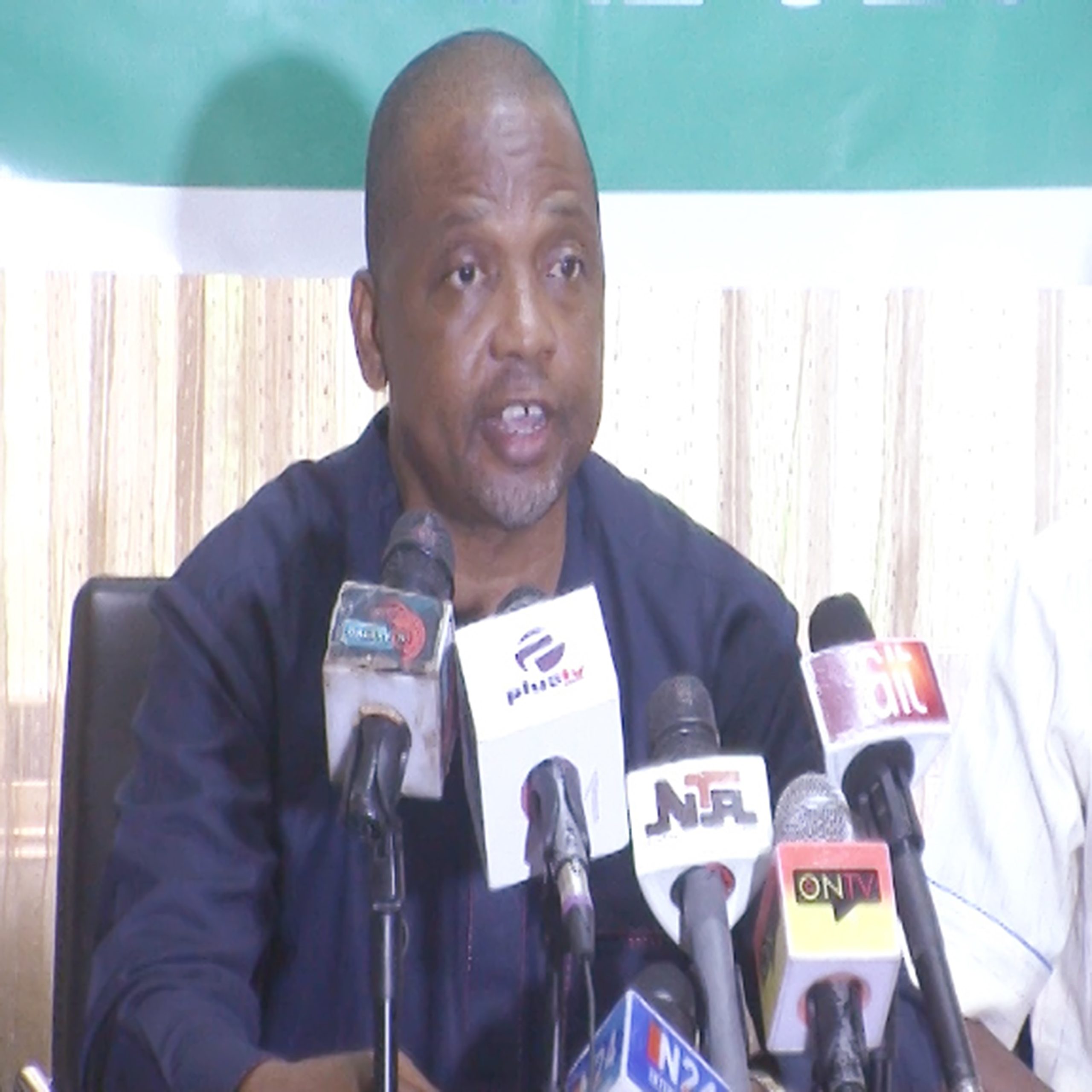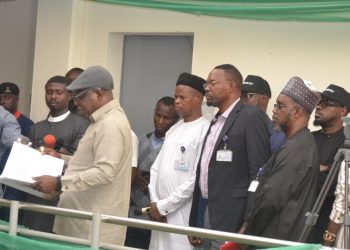By Comfort Olayinka
The federal ministry of health and social welfare has reaffirmed its commitment to reducing the under-five mortality rate by strengthening collaborations with local and global partners. This pledge was made during the Ministerial Press Briefing in Abuja to mark World Pneumonia and Prematurity Day.
Dr. Iziaq Adekunle Salako, the Minister of State for Health and Social Welfare, highlighted that childhood pneumonia remains a significant, yet often overlooked, cause of death among children under five. He pointed to alarming statistics that show Nigeria accounts for a substantial portion of global childhood mortality, with pneumonia-related deaths among children being a major contributor.
In response, the Federal Government is intensifying efforts to reduce the under-five mortality rate, which has decreased from 132/1000 live births in 2018 to 110/1000 live births in 2023, according to the National Demographic Health Survey (NDHS).
As part of this initiative, the government has partnered with organizations such as the Every Breast Counts Coalition, the Paediatric Association of Nigeria, HATCH Technologies, and the Christian Health Association of Nigeria (CHAN).
A key highlight of the event was the donation of 400 Continuous Positive Airway Pressure (CPAP) machines to be distributed to 139 health facilities nationwide. These machines will aid in the treatment of neonates with respiratory distress syndrome, a key cause of neonatal mortality.
Dr. Salako emphasized that these efforts align with the Nigeria Every Newborn Action Plan (NiENP) 2023, which aims to reduce neonatal deaths to 12 per 1,000 live births by 2030. The government is also committed to ensuring greater access to quality care for all children, especially those in vulnerable communities.
The Permanent Secretary, Daju Kachollom, mni, underscored the significance of the 2024 theme, “Access to Quality Care Everywhere,” as a call to action for strengthening the healthcare system and closing the inequality gap for the most vulnerable groups.
Goodwill messages from global partners, including UNICEF, the World Health Organization (WHO), USAID, and the Clinton Foundation, also added momentum to the campaign, further fueling the drive to improve child health outcomes in Nigeria.


